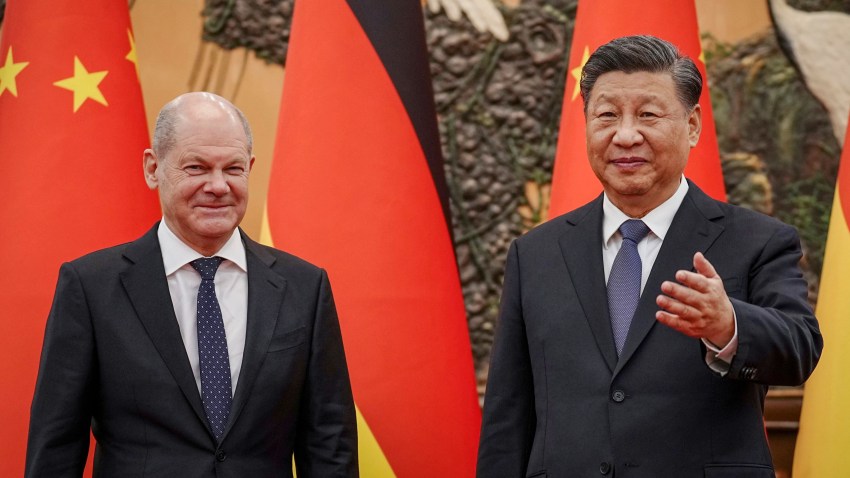As the West ramps up its efforts to help Ukraine survive Russia’s ongoing invasion, European and U.S. policymakers are already examining their failure to deter Russian President Vladimir Putin for lessons that might help develop a strategy to encourage Chinese President Xi Jinping to choose negotiation over escalation in Beijing’s increasingly assertive foreign policy posture.
Even before Russia’s invasion of Ukraine demonstrated how much damage can be inflicted by an authoritarian regime that assumes the West is weak and divided, signs that Xi would seek to concentrate power in his hands by securing a third term as general secretary of the Chinese Communist Party were fueling concerns in Washington and Brussels over China’s political trajectory. Xi’s triumphant assertion of dominance over the CCP during its 20th Party Congress in October 2022 signaled that worrying trends including a more confrontational tone in Chinese foreign policy might continue for many years to come.
Recent Western anxieties over China’s trajectory at a time when social frictions over Xi’s autocratic rule are generating open expressions of dissent in many Chinese regions have further fueled longstanding concerns over how China interacts with the wider world. Frustration over the impact of protectionist Chinese trade policies has generated heated responses from the U.S., EU and Japan since the 1990s. More recently, Chinese infrastructure projects across Asia and Africa under Xi’s flagship Belt and Road Initiative have created concern in states like Vietnam and India that the regional influence such initiatives give Beijing could be detrimental to their own security.

